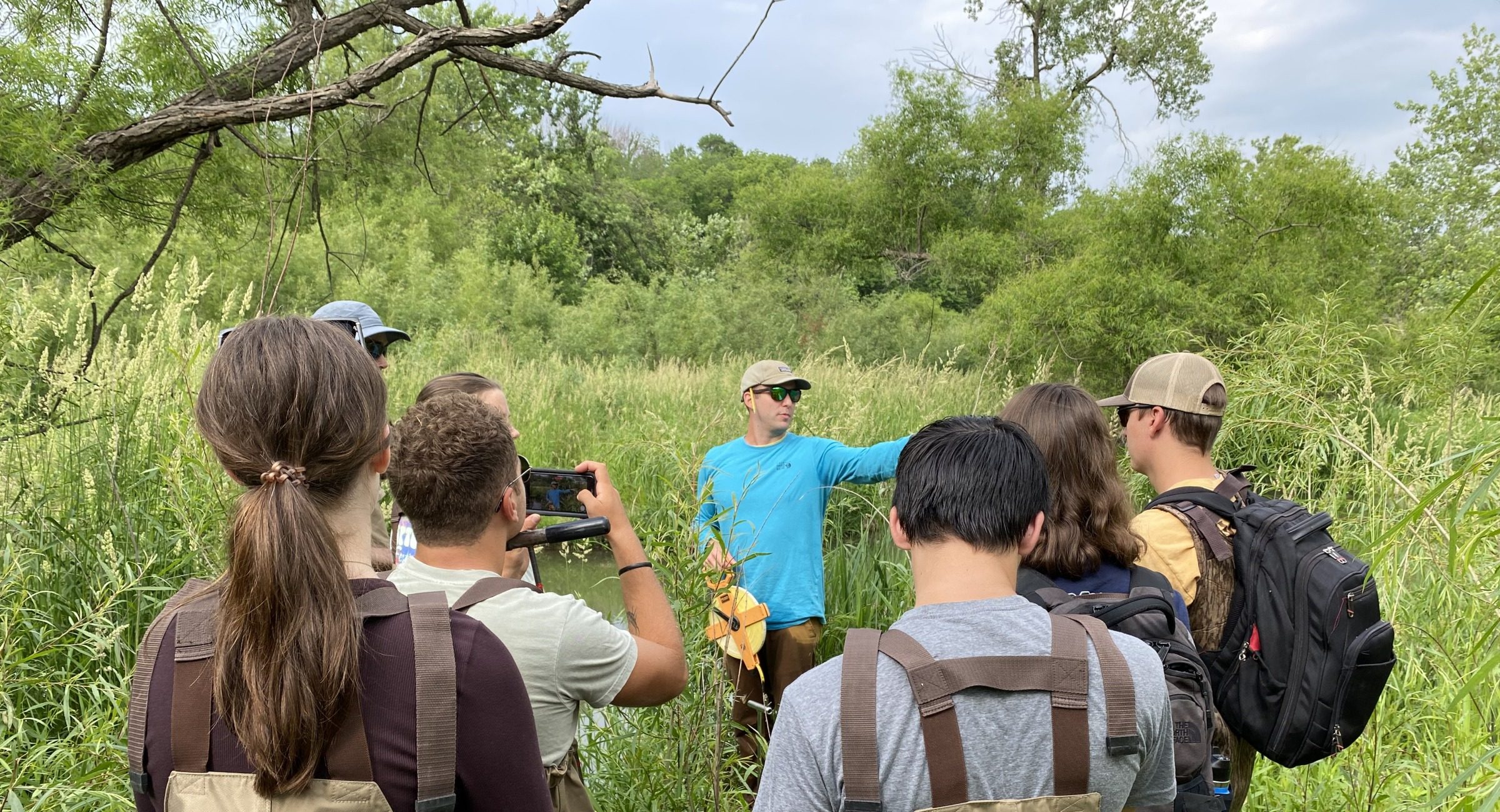Enriching, engaging, place-based & hands-on – outdoors and virtually.
Environmental education can be defined as informal or formal teachings on how natural environments function and how human beings interact with nature and ecosystems to live sustainably. This site offers new and innovative techniques, lesson plans, studies, and research to help bolster any environmental education curriculum for positive youth development.
Why is environmental education so important?
The field of environmental education provides educators and practitioners with a unique opportunity to strengthen students’ experiences outdoors, fostering outdoor leadership, conservation, and explorations of the natural world. The inquiry-driven, place-based learning of environmental education connects STEM (Science, Technology, Engineering, and Math) to the human experience in nature, how we live in the world, and how we can share those experiences with each other to promote justice, sustainability, and the Wisconsin Idea outdoors.
Extension’s Positive Youth Development Institute prepares the youth of today to become the effective, empathetic adults of tomorrow. Our research-based youth enrichment programs like teens in governance build youth and adult capacity and partnerships that help both sides grow. 4-H clubs, camps and afterschool programs give young people the hands-on experiences they need to develop an understanding of themselves and the world. Environmental Education programs are one of many ways we support youth and communities across Wisconsin.
If you have any questions or comments, please reach out to Dr. Justin Hougham at justin.hougham@wisc.edu.
